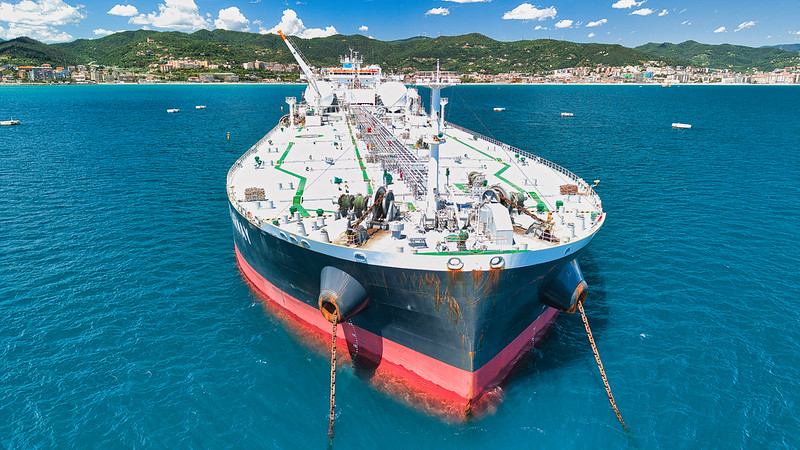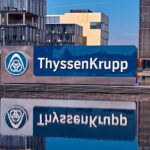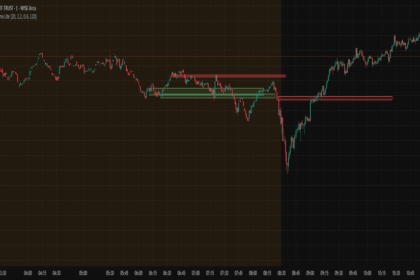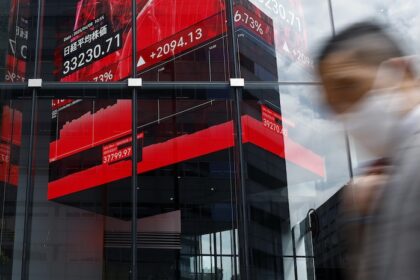Petronas to Deliver First Canadian LNG Shipment to Japan’s Toho Gas in Landmark Energy Deal
Malaysia’s state-owned oil and gas giant, Petroliam Nasional Berhad (Petronas), is poised to make its inaugural liquefied natural gas (LNG) delivery from Canada to Japan in July 2025. This milestone marks a significant advancement in Petronas’ global LNG strategy and highlights growing intercontinental energy cooperation, particularly among key players in the Asia-Pacific region.
The announcement, made on June 20, 2025, underscores the culmination of years of planning, infrastructure development, and multinational coordination. The delivery will be made under a long-term agreement with Japan’s Toho Gas Co., Ltd., a major regional utility serving the Nagoya metropolitan area and beyond.
Strategic Expansion into North American LNG
The shipment will originate from the LNG Canada project, a large-scale export terminal under construction in Kitimat, British Columbia. Petronas holds a 25% equity stake in the venture, which is led by Shell and includes other partners such as PetroChina, Mitsubishi Corporation, and Korea Gas Corporation (KOGAS).
This first delivery marks Petronas’ expansion beyond its traditional supply base in Southeast Asia, particularly Malaysia and Australia. The Canadian project offers a geographically strategic location to cater to energy-hungry markets in Northeast Asia, including Japan, South Korea, and China.
According to Petronas, the cargo will be delivered by a specialized LNG carrier operated by its shipping subsidiary, MISC Berhad. The vessel is expected to follow the trans-Pacific route, emphasizing the logistical significance of Canada’s western coast for LNG distribution across the Pacific Rim.
Japan’s Energy Security and Diversification Goals
For Japan, which remains one of the world’s largest importers of LNG, this shipment is more than just a commercial transaction. It is a crucial step toward energy security and supply diversification amid evolving global energy dynamics and geopolitical uncertainties.
Japan has long depended on LNG imports from countries such as Australia, Malaysia, Qatar, and Russia. However, the Ukraine conflict, supply chain vulnerabilities, and the post-pandemic economic recovery have compelled Japanese energy firms to seek more resilient and diversified sources of energy.
Toho Gas’ agreement with Petronas is part of this broader national strategy. The company, which supplies natural gas and energy services to approximately 2.5 million households and businesses in central Japan, aims to secure stable and cleaner energy sources as it gradually transitions away from coal and oil.
LNG Canada: A Game-Changer in the Global Gas Market
The LNG Canada project, valued at approximately $40 billion, is one of the most ambitious energy infrastructure initiatives in Canadian history. Once operational, it is expected to produce and export up to 14 million tonnes of LNG annually in its first phase. The project’s long-term vision includes the potential expansion to 28 million tonnes per year.
By tapping into abundant natural gas reserves in British Columbia and leveraging access to Asian markets via the Pacific, the project is set to transform Canada into a significant global LNG exporter. For Petronas, the strategic partnership enables the company to diversify its export portfolio and cement its role as a global LNG supplier.
LNG Canada also claims to set new standards in terms of environmental stewardship. The project boasts one of the lowest carbon footprints of any major LNG facility worldwide, owing to the use of renewable hydroelectric power during the liquefaction process.
Malaysia’s Global Energy Ambitions
The July 2025 delivery symbolizes more than just Petronas’ logistical success. It reflects Malaysia’s broader ambition to remain a major player in the international energy arena. With the energy transition accelerating and the global appetite for cleaner fuels increasing, Malaysian stakeholders are keen on expanding their LNG footprint, especially in premium markets like Japan.
Petronas already operates one of the world’s largest LNG production facilities in Bintulu, Sarawak, and has been steadily building its portfolio through strategic investments and joint ventures around the world. The Canadian venture reinforces the company’s ability to serve customers with flexible and geographically varied supply options.
Moreover, this achievement aligns with Malaysia’s broader economic goals of strengthening its global trade position and increasing value-added exports, especially in high-demand sectors like energy.
A Blueprint for Future LNG Cooperation
The collaboration between Petronas and Toho Gas offers a blueprint for how energy partnerships can evolve in a changing geopolitical and environmental landscape. As nations look to transition toward more sustainable energy models without compromising economic growth, LNG continues to be viewed as a transitional fuel that can help reduce carbon emissions while maintaining energy reliability.
This deal also underscores the increasing interdependence between energy producers and consumers across continents. As global supply chains become more integrated, stakeholders will have to navigate regulatory challenges, environmental standards, and shifting demand trends in order to ensure long-term viability.
Conclusion
Petronas’ first LNG delivery from Canada to Japan’s Toho Gas in July 2025 is a landmark moment for both the company and the broader LNG industry. It highlights the strategic importance of North America in global energy supply chains, reinforces Japan’s efforts toward energy security, and showcases Malaysia’s role as a competitive LNG exporter.
As the energy sector continues to evolve amid climate change pressures and global economic shifts, this development serves as a clear indicator that multinational cooperation and strategic diversification will define the future of LNG trade. The Petronas-Toho Gas partnership stands as a timely and telling example of how energy players can adapt and thrive in this dynamic new landscape.










